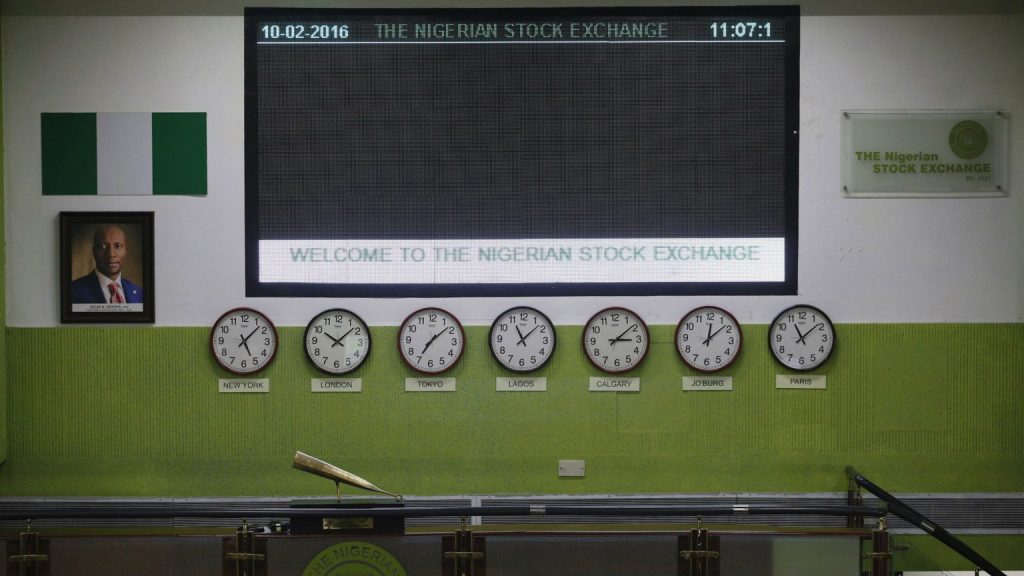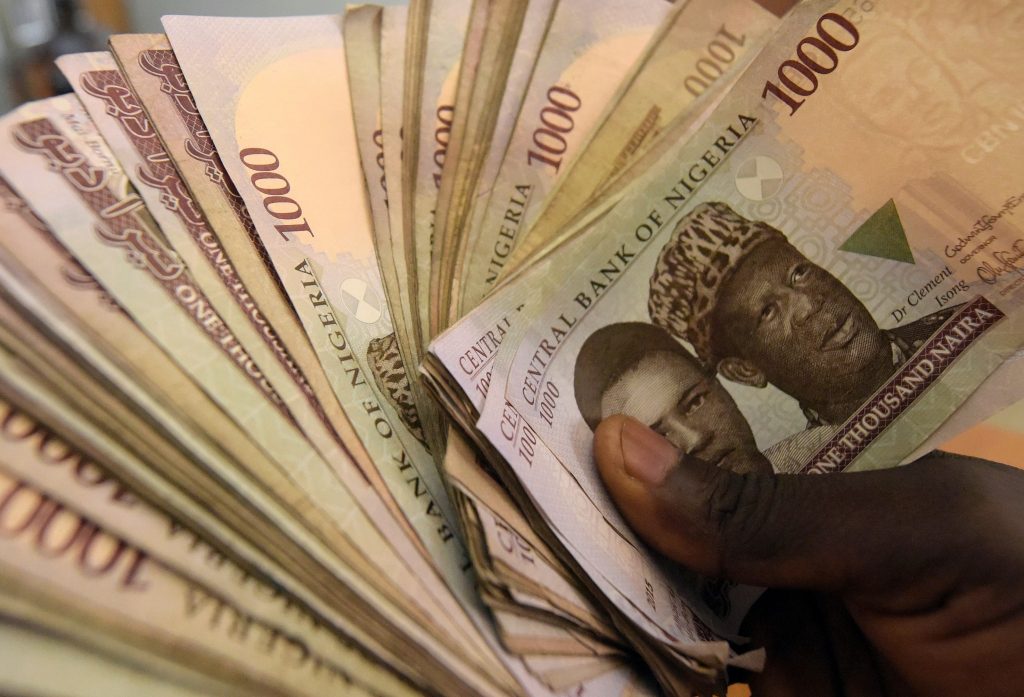Against the backdrop of a challenging business environment, KPMG Nigeria recently released the Top 10 Business Risks in 2020/2021, a robust and comprehensive view of the top risks for the year and the next based on the perspectives of key players in the risk management process – board members, C-suites, risk managers, and internal audit executives.
The report, the third edition since the Risk Consulting Practice of KPMG in Nigeria started publishing in 2016, highlights the impact of COVID-19 on the macro-economic outlook of Nigeria and in each of the key business risks that had been prioritized by the respondents. More details here.
Below is the Ventures Africa Weekly Economic Index, for the week ending 15th of May 2020. This economic index gives you a glimpse into other recent activities in Nigeria’s economy as well as changes and prices that could affect the economy:
Nigerian Stock Exchange

Data released by the Nigerian Stock Exchange (NSE) as of May 15, 2020, showed that the NSE All-Share Index and Market Capitalization both depreciated by 0.72 percent to close the week at 23,871.33 and N12.441 trillion respectively. All other indices finished lower with the exception of NSE Main Board, NSE CG, NSE Pension, NSE ASeM, NSE AFR Bank Value, NSE Meri Growth, NSE Consumer Goods and NSE Oil/Gas.
Top price gainers and decliners in the week under review:
Top five price gainers
NPF Microfinance Bank Plc.
Unilever Nigeria Plc.
May & Baker Nigeria Plc.
McNichols Plc.
Eterna Plc.
Top five price decliners
UACN Property Development Company Plc.
CAP Plc.
Arbico Plc.
Custodian Investment Plc.
Afromedia Plc.
How did the Naira fare?

The Nigerian currency rose against the dollar at the close of last week, trading at 385 Naira per dollar, an increase from the 389 per dollar recorded a week before.
How did the price of oil fare?
Oil markets on Friday 15th of May 2020 closed with a weekly gain as international benchmark Brent rose to $34.90 from $30.24 a week earlier, its highest level since March. This growth can be attributed to the growing demand for fuel, as countries begin to ease travel restrictions imposed to limit the spread of coronavirus.
The price of crude has been rising in recent days as OPEC and allies including Russia and other oil producers, recently kicked off production cuts agreed to reduce the oil glut in the energy market, coupled with the fact that demand has picked up.








